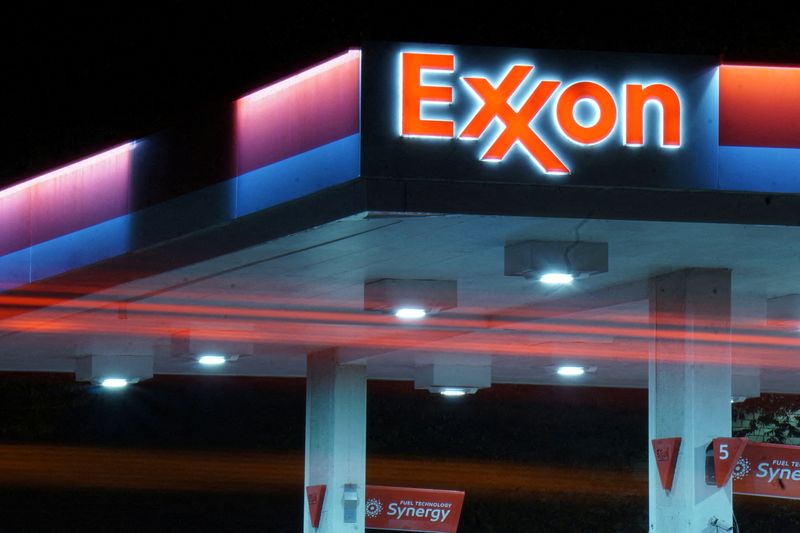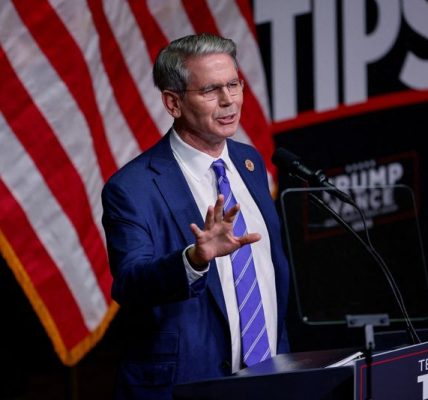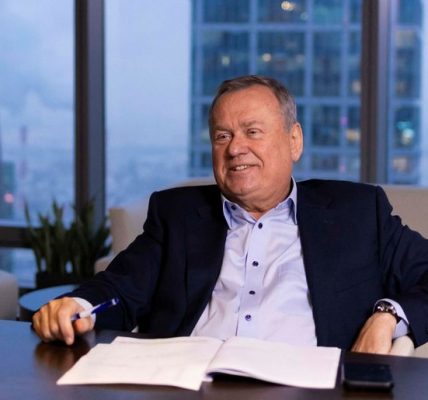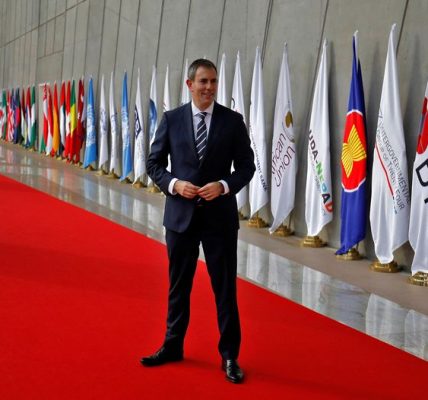(This Dec. 11 story has been corrected to say that the goal is to keep the option open if Hess arbitration succeeds, in the headline and paragraph 1)
HOUSTON (Reuters) – Exxon Mobil (NYSE:XOM) wants to preserve its right of first refusal in Hess Corp (NYSE:HES)’s sale of its Guyana oil production assets because of the work it has put into developing the country’s offshore fields, two of its top executives said on Wednesday.
A three-person panel in May is to decide whether Hess’s deal to sell itself to Chevron (NYSE:CVX) can go ahead on its original terms. A challenge by Exxon and CNOOC (NYSE:CEO) Ltd has stalled the second-largest deal in a recent wave of oil megamergers.
“We developed the value of that asset. We have the right to consider the value of that asset in this transaction, and then the right to take an option on it,” Exxon CEO Darren Woods told Wall Street analysts in his most significant comments on the arbitration case to date. “We have an opportunity, as does CNOOC, the other partner, to participate in that opportunity to have the right of first refusal.”
Representatives for Hess and Chevron declined to comment.
Analysts have put the value of Hess Guyana at between 60% to 80% of Chevron’s proposed $53 billion purchase of Hess. The joint venture has discovered more than 11 billion barrels of oil to date.
The proposed sale ignores a joint venture agreement that grants the right of first refusal to any sale of a Guyana partner’s stake, Exxon and CNOOC maintain.
The two companies previously have rejected the claim, arguing the deal is structured as a merger and Hess’s Guyana holdings remain intact. Hess has said if the Chevron deal is not concluded it would not separately sell its Guyana properties to Exxon or anyone else.
Woods brushed off Hess’s view of a loss at arbitration souring a sale, saying “that’s their construct, not ours.”
Exxon wants the three-person arbitration panel to consider the value of Hess Guyana as part of the deliberations.
“We’ll look at the value and see if that value is in the best interest of the company, the corporation and the shareholders,” added Exxon Vice Chairman Neil Chapman.





